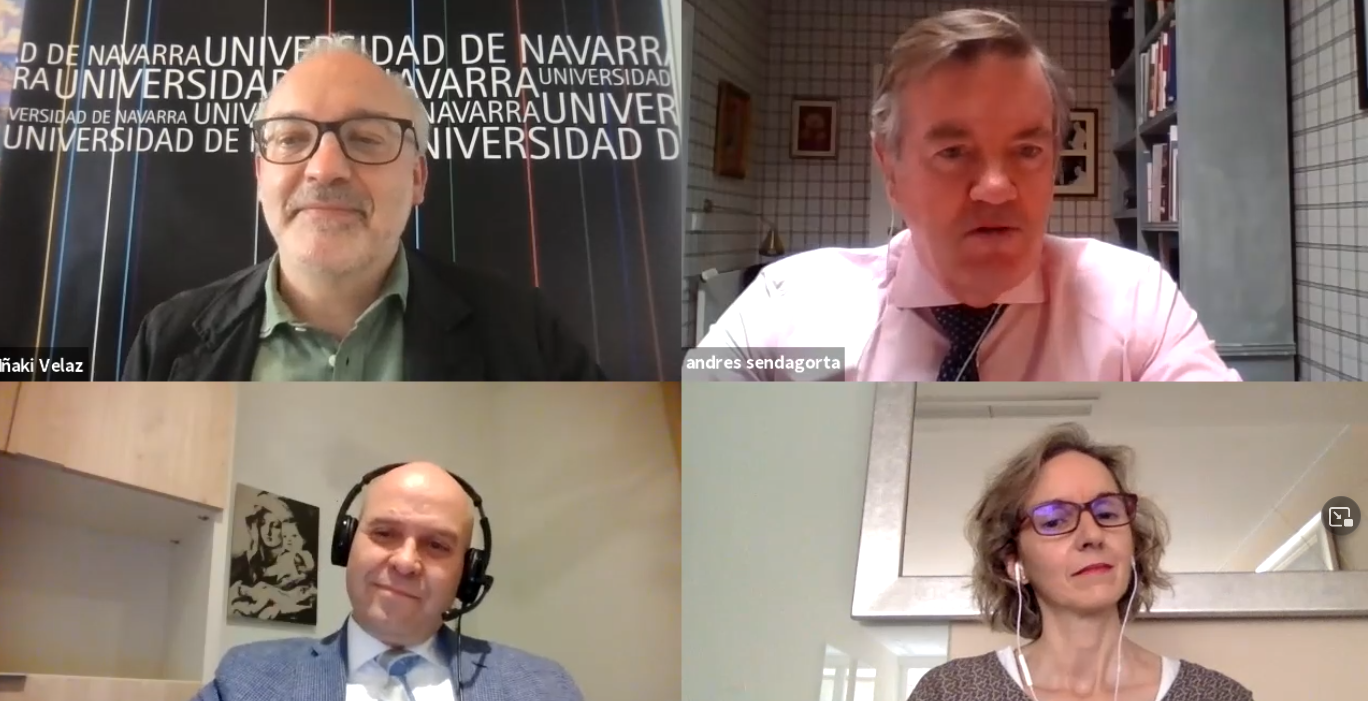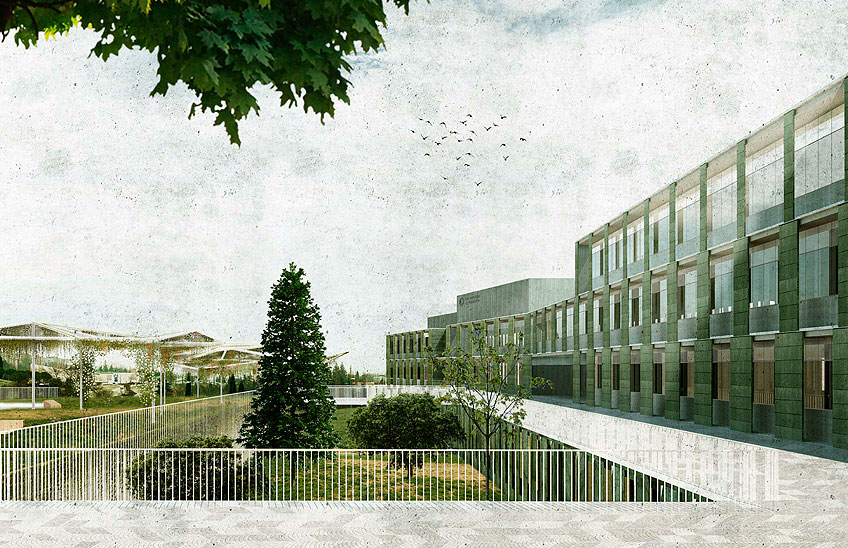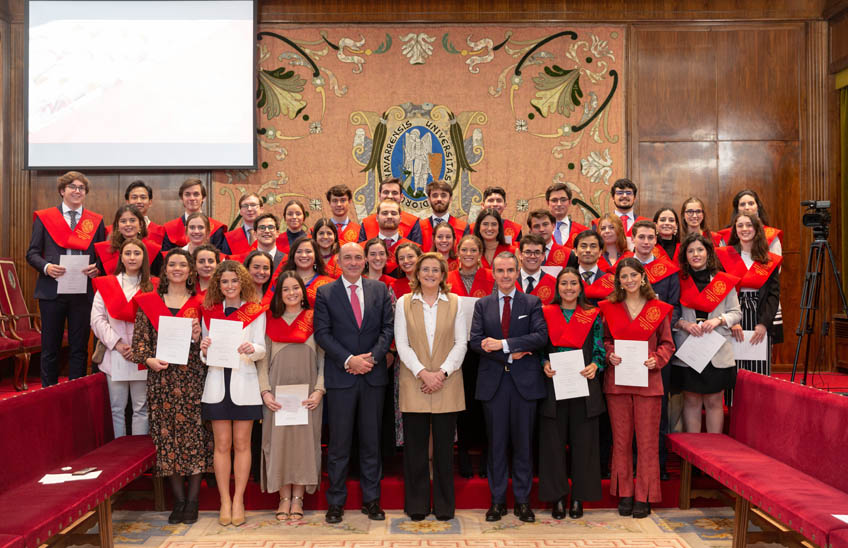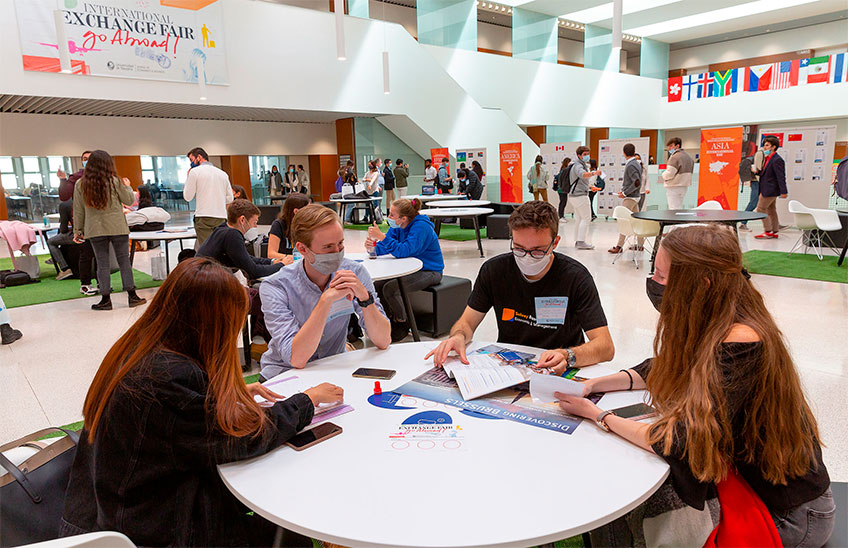"The most humane companies are those that help employees not only to earn money and grow professionally, but also to develop as people.
Experts support the humanistic management in the first meeting of the International Humanistic Management Association, promoted by the University of Navarra and the University of Valencia.

30 | 06 | 2021
"Most organisations today focus on power and money, neglecting the human dimension," said Michael Pirson, founder and president of the International Humanistic Management Association(IHMA). However, he continued, "the humanisticmanagement of business focuses on human dignity as core topic for the development of the organisation". With these words he inaugurated the first IHMA activity in Spain, promoted by the high school business y Humanismo (IEH) of the University of Navarra and the high school for Ethics in Communication and Organisations (IECO) of the University of Valencia.
For his part, Manuel Guillén, director of IECO and the IECO-UV Business Ethics Chair , explained the three main lines developed by high school to promote a humanistic business management approach or humanistic management. Firstly, human dignity, which leads the business to recognise that "all workers have the same dignity but different responsibilities"; excellence in the work, as "an organisation with a humanist approach is one that believes in people, promotes their dignity and encourages the work well done, with excellence"; and thirdly, the development staffthirdly, "the most humane companies are those that help employees not only to earn money and grow professionally, but also to develop fully as people".
The president of group SENER and vice-president of the IEH, Andrés Sendagorta, responded to how to achieve a sense of meaning in the work in the face of the pressure of results with the keys of his own business: "work, imagination and enthusiasm multiplied by sportsmanship", he also stressed "you have to have fun, and that does not depend on the work, but on how you face it".
The four dimensions of work
Manuel Guillén suggested that attendees ask themselves whether they consider their work as a employment, a degree program, a vocation or a higher calling. He explained these four senses of work as follows: a employment, when one seeks to receive a useful good; a degree program, when one seeks to achieve a pleasant good; a vocation, if one seeks to give a service with affection and understanding; and a "higher calling" for those who have a spiritual sense of life, when one considers work as a way of refund to God or a higher Being for the greatness of creation.
He also encouraged participants to discover their own motivations at work and the meaning behind those motivations. As a practical way of self-diagnosis, he recommended using the web-app: www.findmeaningfulwork.com an tool based on the research that IECO is developing with the Human Flourishing Program of Harvard University and the book recently published by publishing house Tirant lo Blanch graduate "Motivation in Organizations and Sense of work ".




